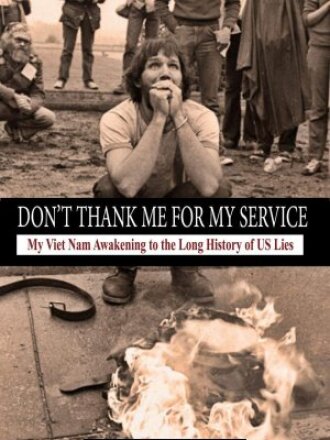
I trace the impetus for my service back to 1969 after finishing my first semester at Lincoln University, an historically Black institution in Jefferson City, Mo. My friend Craig, a white student at the University of Missouri at Columbia, invited me to spend the Christmas and New Year’s holidays with him and his family in the swanky town of Westport, Conn. Except for a summer trip or two to Des Moines, Iowa, I had never been out of Missouri and knew nothing about New England or the northern parts of the United States except that I thought they were more liberal than the deep South.
Driving through one snowstorm after the other, sleeping in the car overnight and waiting for the storms to abate, we eventually made it to the New York state line. Once there, Craig pulled over at the nearest phone booth and called his dad to let him know we’d made it safely and would soon be in Westport. He also told him, presumably for the first time, that the friend he was bringing home with him was Black. When Craig returned to the car, he looked embarrassed and humiliated. His face was red like a beet and his shoulders slumped. “When I told him you were Black, he said you could not stay at our house,” he reported.
Looking out the window, Craig paused for what seemed like an hour before concluding that Jack Carpenter, the area director of the Christian youth organization Young Life, might take me in. Indeed, Jack and his wife Judy did welcome me into their Connecticut home that Christmas and, more importantly, they offered me a job with Young Life if I would be willing to transfer to a Connecticut college in the fall. For some reason I no longer recall, this seemed like the perfect thing to do, and at the end of the academic year I transferred to the University of Bridgeport.
The long ride back to Missouri with Craig after the debacle caused by his dad was filled with huge stretches of silence and tension you could cut with a knife. As I reflect, I ponder: Were my expectations that Craig would have told his father that if I was not welcomed in his home then he would not stay there either? Well, that didn’t happen, and Craig has never mentioned or apologized for his father’s rejection of me.

These are lived experiences, not something I read about in books, and the wounds have not completely healed. Perhaps they never will. I am sure I experienced some trauma along the way but sought to channel the pain from these experiences into something positive like public service. I have not and will not forget, but I attempt to use the rejections and insults as fuel to drive my desire for social change — for creating a better society for all. Public service for me, as both an elected and appointed local government official and as a community college president, has been cathartic, an opportunity to advocate for the less fortunate, pursue good policies in the public interest and use the bully pulpit of elected office to elevate public consciousness and call out those who self-deal and betray the interest of those in greatest need.

I often asked myself if I would have been as committed to public service were it not for meeting and befriending individuals like John David Borgman and Jack Carpenter and were it not for my personal encounters with racism. Would I hold so dearly to the examples of civil rights leaders and former elected officials like U.N. Ambassador and Atlanta Mayor Andrew Young, Georgia state Rep. and Atlanta City Councilman Hosea Williams, and Congressman and Atlanta City Councilman John Lewis?
I don’t know the answers to these questions, but I do know that I am glad some of us took the thorny, painful route to public service. Perhaps someday we will be redeemed.
Governing's opinion columns reflect the views of their authors and not necessarily those of Governing's editors or management.











